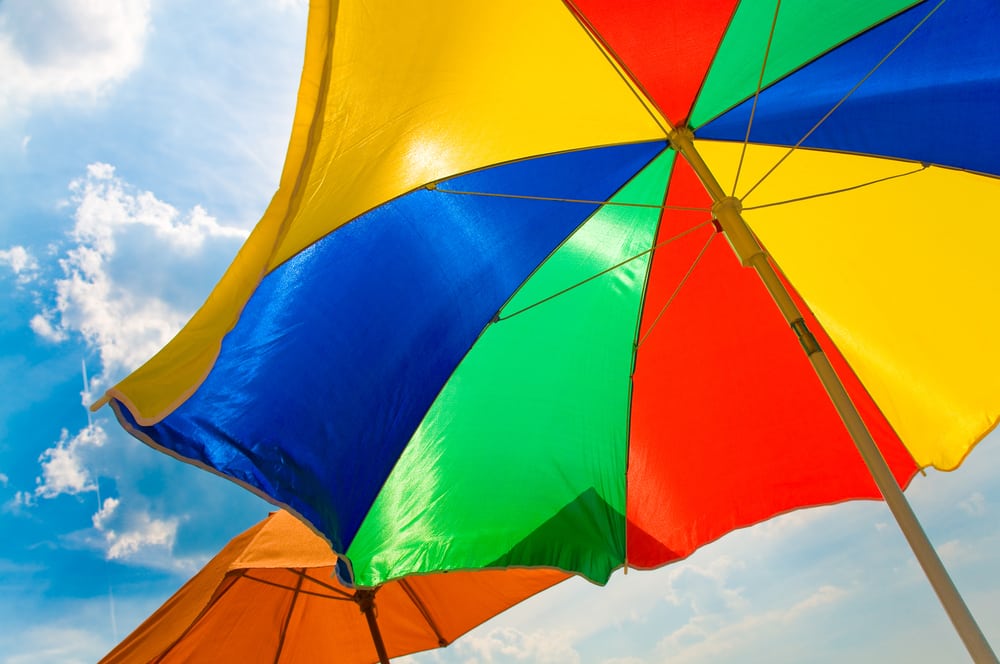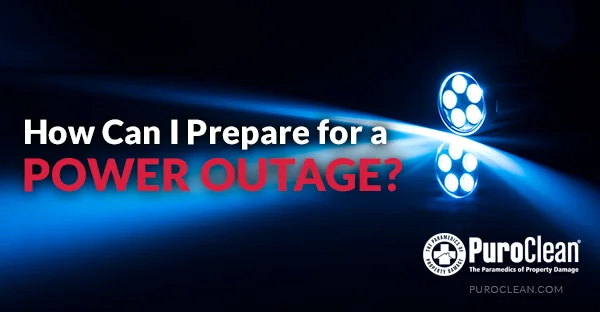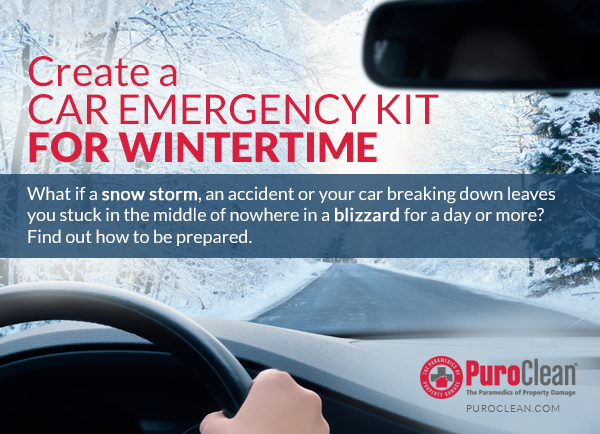Too much exposure to sunlight may cause burns and even skin cancer. Ultraviolet (UV) light, a component of the sun, is the source of all these risks. The best way to avoid UV radiation from sunlight is to stay in the shade. But we can’t always avoid sunlight (and we shouldn’t), so we must take measures to protect our skin. Here are the most common ways to stay safe from UV rays.
Stay in the shade
- It’s essential to stay in the shade during day hours (between 10 am and 4 pm) when the UV light is most potent.
- To check how intense the sun’s rays are, use this tip: if your shadow is shorter than you are, the sun’s rays are the strongest.
- Make sure to protect yourself from UV rays all year round, even in winter. Snow reflects sunlight, increasing the amount of UV radiation you get.
- UV rays passing through windows are also dangerous. However, you have to spend a lot of time close to a window through which light passes to get UV radiation.
- UV light intensifies at the beach since water and sand reflect sunlight. You can get a burn below the surface of the water, too. Keep this in mind, and don’t stay underwater for too long.
- When going outdoors, check the UV Index for your area on weather forecasts from TV, radio, apps, etc.
Wear protective clothing
- Cover your skin with tightly woven clothing that blocks out light. Long-sleeved shirts, long pants, or long skirts of dark color are the most protective. Keep your clothing dry for better protection.
- If you can see the light through a fabric, UV rays can get through, too. So change your clothing to something more tightly knit.
- Buy sun-protective clothes, which protect against UV exposure even when wet. These clothes have a label listing the UV protection factor (UPF) value.
- Use a laundry aid product that increases the UPF value of clothes you already own. It’s not clear how much it adds to protecting you from UV rays, so be sure to follow the other steps listed here.
Wear a hat
- A good hat should protect your scalp and your forehead, ears, eyes, nose, and neck. Wear a wide-brim hat with a dark, non-reflective underside to the brim to deflect reflective surfaces.
- If you don’t have a good hat available, wear a large handkerchief or bandana under a baseball cap. It should provide enough protection for your ears and neck.
- Avoid wearing straw hats, which are not as protective as hats made of tightly woven fabric.
Wear UV-rated sunglasses
- Wear UV-rated shades that block 99 to 100 percent of UV radiation. Check the label before buying; it should say “UV 400” or “Meets ANSI UV Requirements.” These labels mean that the glasses block at least 99% of the UV rays.
- UV protection is an invisible chemical in or applied to the lenses. Darker glasses are not protective unless they have a UV label.
- Make sure your children wear smaller UV-rated sunglasses – not toy sunglasses.
- Some contact lenses block most UV rays, but they don’t provide sufficient eye protection, so make sure to use UV-rated shades with them.
Put on sunscreen
- Sunscreen does not block all UV rays, and you shouldn’t consider it your main option to guard against sunlight. However, sunscreen does add another layer of protection against UV radiation.
- Choose a sunscreen with a sun protection factor (SPF) of at least 15. These block 93 percent of UV rays. Follow the application directions on the bottle.
- Sunscreens can be lotions, creams, ointments, gels, sprays, wipes, lip balms, and even lipsticks.
Avoid indoor tanning
- Contrary to popular belief, tanning beds are not harmless. On the contrary, they have been linked to long-term skin damage and skin cancer like melanoma.
- Younger users (under 30 years old) are more vulnerable to UV rays emitted by tanning beds.
- The most harmless way to get a tan is to use a sunless tanning lotion. Tanning pills and other tanning products are also available.
- *Tanning pills are not FDA approved; some adverse effects have been reported.
Despite the dangers of UV rays, don’t avoid sunlight altogether. Regular but short-term sun exposure does have its benefits: vitamin D production in the skin and improving your mental health, to name a few.
Stay Safe and Contact Your Local PuroClean Office If You Need Property Restoration Services
Taking these steps can help you and your family be safe from the Sun’s rays, and PuroClean is here to help with the health of your property. Our expert technicians are trained to restore all sorts of property damage to its pre-loss condition.




 PuroClean of Plymouth Meeting
PuroClean of Plymouth Meeting